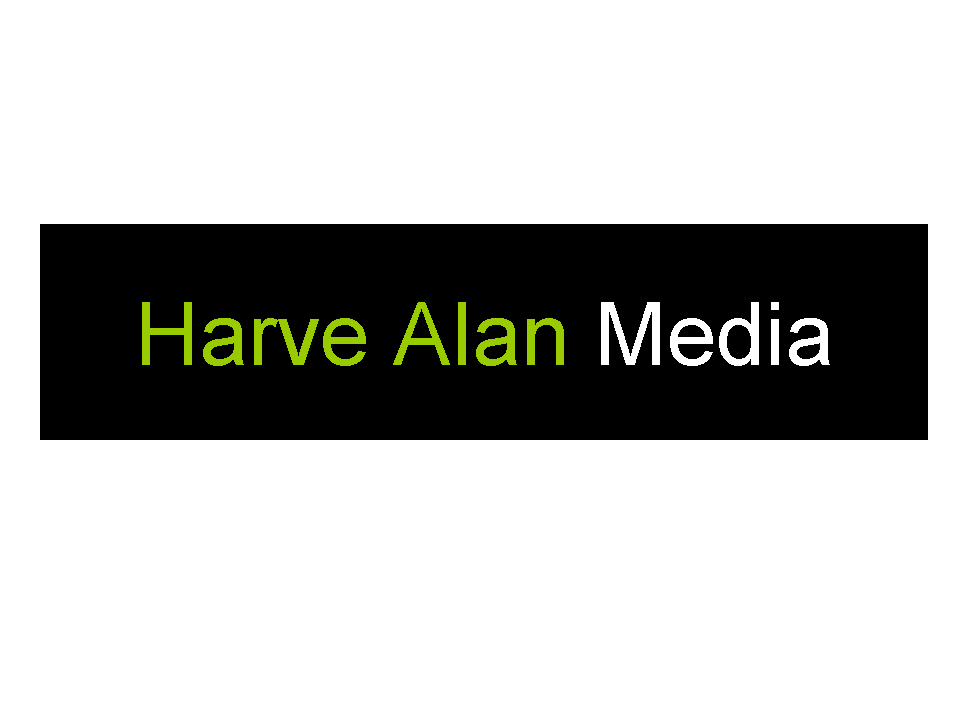Some highlights from this NY Times story:
We Want It, and Waiting Is No Option
By DAVID CARR
The need to hold media that you consume — the physical purchase — is going away ,” said Clay Shirky. Mr. Shirky is an adjunct professor at New York University’s graduate Interactive Telecommunications Program and the author of a new book, “Here Comes Everybody: The Power of Organizing Without Organizations.”
...the Web is not competition for traditional media, but a completely different system that empowers both groups and individuals, a place where choice is not only an option, but an imperative.
...the idea that someone would buy a physical object that contained a finite number of songs arbitrarily selected by someone else seems quaint.“Forget 15-year-olds; my 4-year old saw a show on broadcast television at our baby sitter’s house and asked to see it again when she went back there,” Mr. Shirky said. “When told it wasn’t on television right then, she asked, ‘Is it broken?’ ”
“Storytelling is a hard problem that is cognitive rather than technological,” he said. “It requires a specific set of skills, and there are business models that enable storytelling, but maybe don’t require the whole manufacturing or broadcasting business that goes with them.”...It seems silly at a time of hulking, glorious in-home entertainment centers to watch a show on a 13-inch laptop...
“It’s the classic quality-is-king mistake,” he said. “Remember what audiophiles said about MP3, that it would never last because the quality was not there. But past a certain threshold of quality, most normal people don’t care. The ability to share files was actually far more important. Good enough was good enough.”
So maybe changing the equation isn’t so much a matter of throwing out old media as adjusting to hybrid models that enable an infinite inventory on a digital shelf — embracing, rather than trying to control, choice.
While this article doesn't specifically talk about radio; there is so much of this article the applicable to radio. Our business is the ultimate "one way" medium and unless we continue to work towards unrestricted interactivity our fortunes will continue to shrink.
Everything we do going forward must be focused in two areas: entertainment (not just 10 songs in a row with limited interruption) and on-demand content & connectivity that our fans can access anywhere, anytime.
This seemed worthy of repeating......the idea that someone would buy a physical object that contained a finite number of songs arbitrarily selected by someone else seems quaint. In our business the "physical object" is our radio stations. If we are to continue to play the hits (yes, the hits are the hits) we have to offer something more. Entertainment content will not please everyone, but without it the non-stop music machine will continue to erode...pleasing fewer and fewer listeners since they can get those hits on-demand--elsewhere.









 Chrysler has announced it will be bringing in-dash internet to Chrysler products...fast.
Chrysler has announced it will be bringing in-dash internet to Chrysler products...fast.




